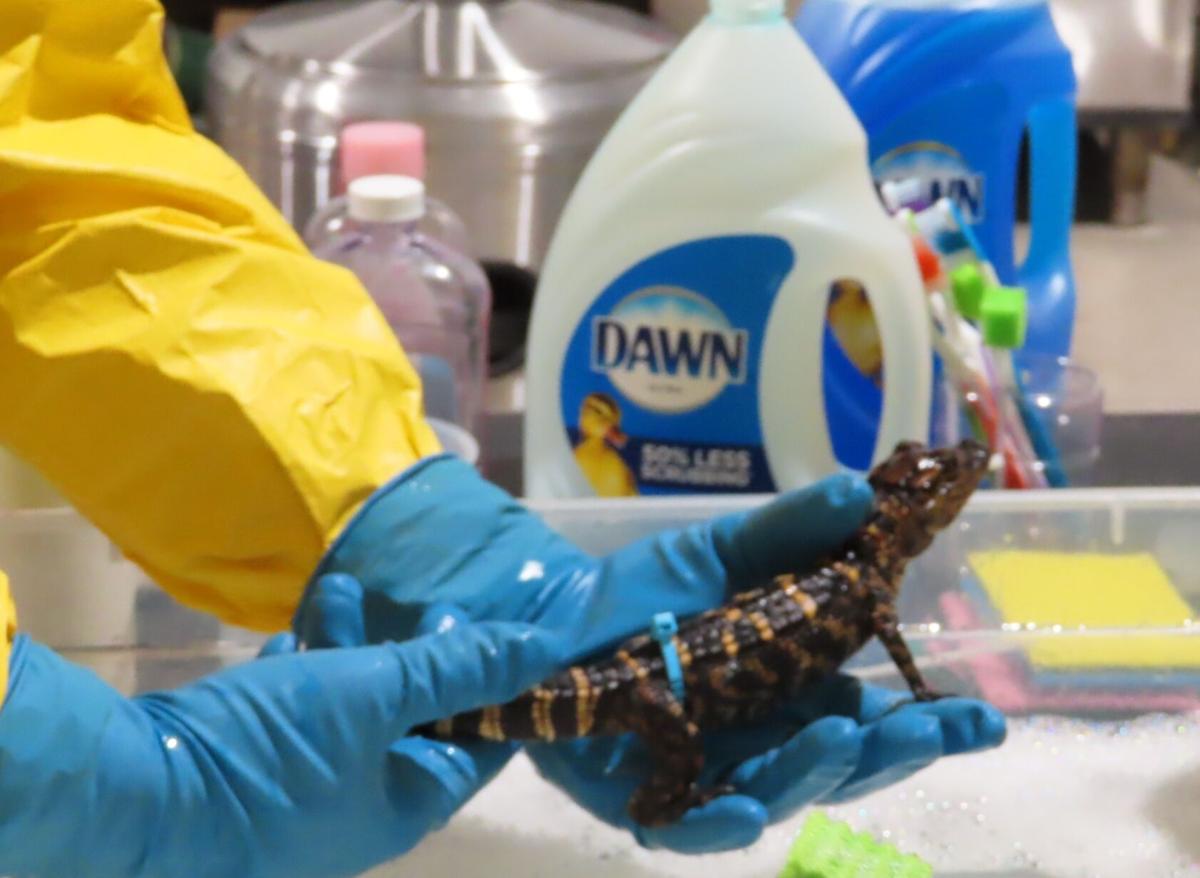Massive New Orleans oil spill revealed weeks after incident killed thousands of fish
The pipeline operator was apparently aware its infrastructure was highly corroded

Your support helps us to tell the story
From reproductive rights to climate change to Big Tech, The Independent is on the ground when the story is developing. Whether it's investigating the financials of Elon Musk's pro-Trump PAC or producing our latest documentary, 'The A Word', which shines a light on the American women fighting for reproductive rights, we know how important it is to parse out the facts from the messaging.
At such a critical moment in US history, we need reporters on the ground. Your donation allows us to keep sending journalists to speak to both sides of the story.
The Independent is trusted by Americans across the entire political spectrum. And unlike many other quality news outlets, we choose not to lock Americans out of our reporting and analysis with paywalls. We believe quality journalism should be available to everyone, paid for by those who can afford it.
Your support makes all the difference.A ruptured fuel pipeline spilled more than 300,000 gallons of diesel fuel into the waters near New Orleans for days before the public knew about it, according to an Associated Press report.
A rupture was discovered in late December along a 125-mile fuel line that terminates near St Bernard Parish, New Orleans, according to federal records.
Since then, roughly 2,300 fish and more than 100 other animals including 39 snakes, 32 birds and other creatures have died.
Still, according to the Louisiana Oil Spill Coordinators office, the spill, most of which went into nearby “borrow” pits, caused “minimal” harm to wildlife, and a mix of a containment wall and rapid cleaning from emergency officials kept the diesel from going into nearby wetlands, the Gulf of Mexico, and other waterways close by.
Wildlife officials have been using propane cannons that make a sound akin to a gunshot to scare off migratory birds from the spill.
Collins, a subsidiary of the New Jersey-based PBF Energy, was aware its infrastructure near the site was decaying before the spill.
A 2020 inspection of the Meraux pipeline showed deep corrosion, with a loss of up to 75 per cent of the present metal at its worst sections. Still, work was delayed on the pipeline after a second inspection concluded the damage wasn’t bad enough to mandate immediate repair under federal rules.
An October 2021 email to federal regulators indicates the company repaired another damaged section, and was waiting for federal approval to fix a section near the eventual rupture zone.
Working with local officials, the pipeline operator has recovered roughly 315,000 gallons of fuel from the surface of the water. The broken fuel line was repaired at a cost of $500,000, and operations have resumed.
PBF vice-president Michael Karlovich said “although we continue to remediate and monitor the area, on-water recovery operations have been completed,” and said the break had occurred further from the Mississippi than federal officials had suggested.
"It’s especially maddening to learn that Collins Pipeline’s initial analysis deemed the pipe in such poor condition that it warranted an immediate repair," Bill Caram with the Pipeline Safety Trust told the AP.
Fish and wildlife officials were surprised to find more alligators than they suspected near the spill site.
“We weren’t expecting to find so many alligators in that one area,” Laura Carver, the Louisiana Department of Wildlife and Fisheries’ oil spill response coordinator told NOLA.com. “Thankfully they’re pretty sturdy animals.”
Join our commenting forum
Join thought-provoking conversations, follow other Independent readers and see their replies
Comments